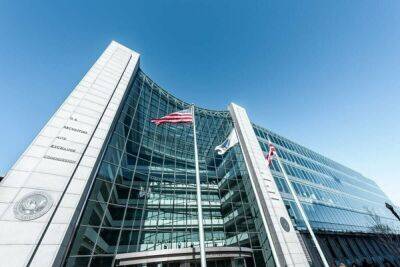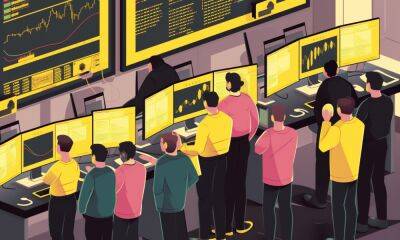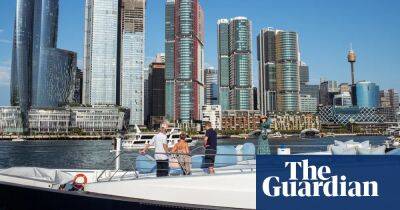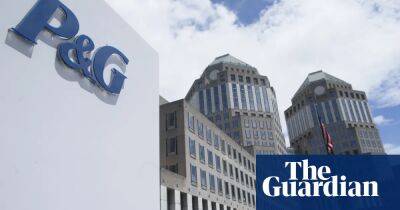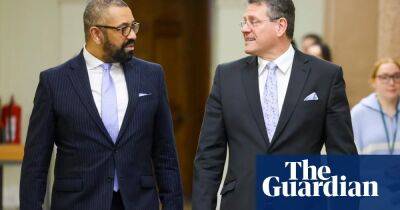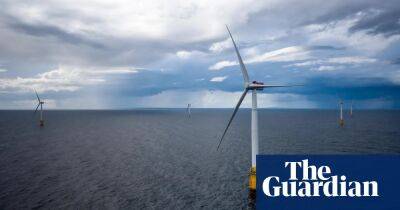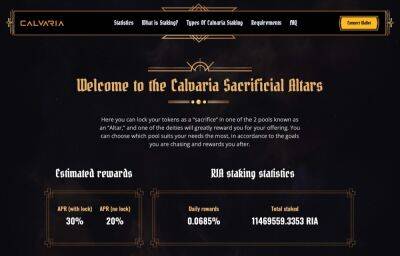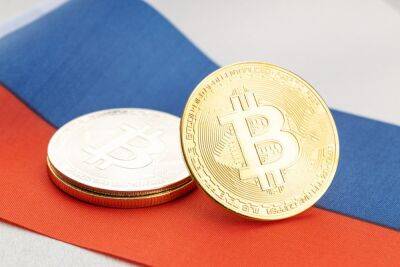Bitter harvest for some in a global economy changed by Russia’s war
Russia’s invasion of Ukraine sent shockwaves through the global economy and now, a year on from the start of the attack, the world is fundamentally changed.
Trends that were already in motion have accelerated, as the need to move away from fossil fuels to greener, renewable energy supplies became more urgent. Food prices have soared, increasing hunger in the developing world, and forcing governments, businesses and people to adapt to lasting shifts. Here we take a look at five ways the global economy has changed:
The surge in global energy prices since the invasion has pushed inflation across advanced economies to its highest levels in decades, squeezing household incomes and weighing on economic growth. In the UK, soaring gas and electricity bills drove inflation to a peak of 11.1% in October, the highest level since 1981.
The inflation surge led central banks to increase interest rates, which drove up borrowing costs for households and businesses. Mortgage costs in the UK and several other nations have risen sharply, stoking fears of a property crash.
Economists expect inflation to cool rapidly over the coming months, as the initial surge in energy prices drops out of the calculation for the annual increase in rising living costs. However, gas and electricity prices remain much higher than before the invasion.
Jim Watson, director of the UCL Institute for Sustainable Resources, said: “By April, UK household bills will have trebled in the space of two years, pushing millions more households into fuel poverty.”
Western nations have scrambled to cut their reliance on Russian oil and gas by building up domestic supplies, writes Damian Carrington. While this has involved renewed investment in fossil fuels, and reopened debates on
Read more on theguardian.com




